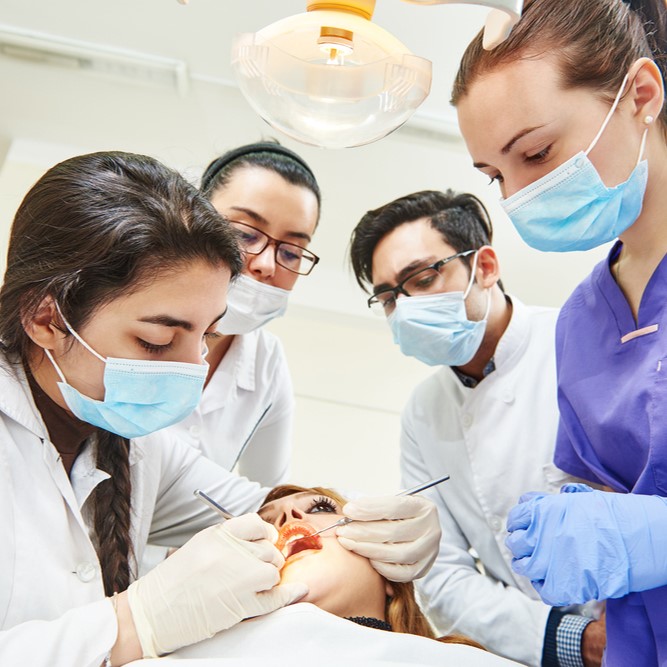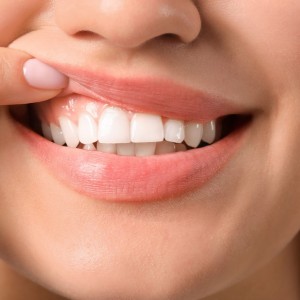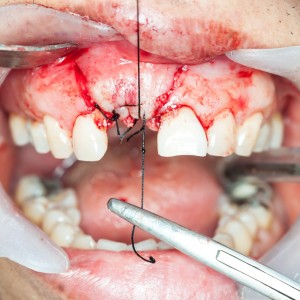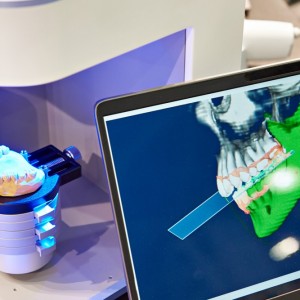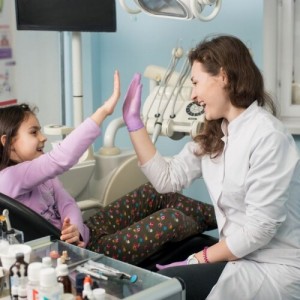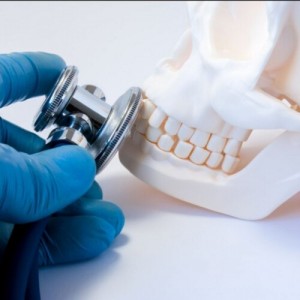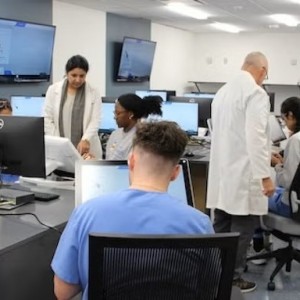
A survey on undergraduate implant dentistry education in Europe
Introduction
The aim of the survey was to assess the status of implant dentistry education and addressed various aspects related to competence level, practical implementation and barriers for further development in the field.
Materials and methods
An e-mail survey was performed amongst 73 opinion leaders from 18 European countries invited to the Association for Dental Education in Europe (ADEE) workshop on implant dentistry.
Results
Forty-nine surveys were returned (67%) and it was found that theoretical and pre-clinical courses to an average of 36 h are given to undergraduates; 70% reported that students assist or treat patients with prosthetics; 53% reported that students assist with surgery and only 5% is operating patients. In 23% of the schools optional undergraduate courses are available and 90% offer postgraduate training. Barriers for including prosthetics and surgery are lack of time, funding or staff. Partial restorations, including surgery, in the posterior regions may be provided by dentists after attendance at additional courses but complex treatments should be limited to specialists.
Conclusion
This survey confirms that implant dentistry is part of the undergraduate curriculum, albeit with a disparity in time. Whereas implant dentistry is an important part of clinical practice, coverage in the curriculum is limited and when compared with 10 years ago, even stagnating. Priorities within the curriculum should be evaluated depending on demands and treatment needs of the population. To optimise education, learning guidelines should be developed, based on the expected competencies for practicing dentists. Undergraduate education may start the process that must continue through all levels of education, including the postgraduate level.
Authors: H. De Bruyn, S. Koole, N. Mattheos, N. P. Lang
Source: https://onlinelibrary.wiley.com/
 Related articles
Related articles
Oral Hygiene & Prevention 24 November 2025
Oral hygiene measures are put into practice in order to maintain an oral environment free of germs and diseases.
Implantology 21 November 2025
In 2004, a survey of the deans of U.S. and Canadian dental schools was conducted to determine the implant dentistry curriculum structure and the extent of incorporating implant dentistry clinical...
Digital Dentistry 04 November 2025
Digitalisation is an expanding field in dentistry and implementation of digital teaching methods in dental education is an essential part of modern education.
Pediatric dentistry 24 September 2025
The objective of this study was to survey members of the American Academy of Pediatric Dentistry (AAPD) regarding their use of behavior management techniques.
Periodontology 27 August 2025
The purpose of this study was to evaluate the views, knowledge and preferences of a large sample of practising dentists in periodontics, focusing specifically on the treatment of gingival recessions,...
 Read more
Read more
Endodontics 13 January 2026
Regenerative endodontic treatment has provided a treatment option that aims to allow root maturation.
Editorials 13 January 2026
Pitt’s New Digital Dentistry Labs to Provide State-of-the-Art Education and Patient Care
Three new dentistry labs at the University of Pittsburgh School of Dental Medicine will give students and residents hands-on experience with cutting edge digital dental technology while providing...
Products 13 January 2026
Revolutionizing Pediatric Dentistry with Dr. Josh Solomon: SDI Stela & Bioclear Insights
Join pediatric dentist Dr. Josh Solomon as he discusses the cutting-edge SDI Stela self-curing composite system and the Bioclear matrix system, and how these products are transforming Class II...
News 13 January 2026
Curve Dental, the leading cloud-native, all-in-one dental practice management platform, today announced its recognition as a market leader in The 2026 Dental Technology Landscape: Cloud, AI, and the...
News 13 January 2026
Patterson Companies Inc. has announced the appointment of Patrik Eriksson as Patterson Dental’s North American president. Eriksson brings a wealth of experience in the dental and medical technology...


